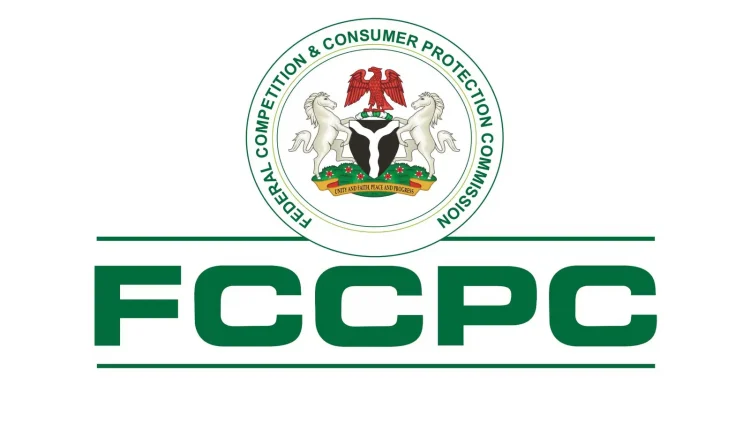In response to consumer complaints against banks, fintechs, and other businesses, the Federal Competition and Consumer Protection Commission (FCCPC) announced Thursday that it had recovered N10 billion for consumers in just six months.
The information, which was gathered from the commission’s complaint resolution systems and covers instances filed with the commission between March and August of 2025, sheds light on the trends and frequency of customer discontent in 30 different industries.
The top ten sectors by number of complaints received between March and August 2025 were banking (3,173 complaints), followed by Fast Moving Consumer Goods (FCMG) (1,543), fintechs (1,442), and electricity (458), according to a statement released by Ondaje Ijagwu, Director, Corporate Affairs, FCCPC.
E-commerce (412), telecommunications (409), retail, wholesale, and retail (329), aviation (243), information technology (131), and road transport and logistics (114) were other noteworthy industries.
Ijagwu claims that the data includes complaints from customers about unfair pricing, poor service, unauthorized deductions, misleading advertising, inadequate terms disclosure, defective products, and delays in providing remedies.
The amount of harm experienced and the substantial financial burden that consumers bear in the lack of adequate redress are both reflected in the 9091 complaints that were addressed during the reporting period and the over N10 billion in consumer recovery.
The release of complaint data by sector is in line with the commission’s mandate under Sections 17(a) and 17(j) of the FCCPA 2018, which provide it the authority to enforce consumer protection legislation and provide the public with information about its operations.
“These numbers are not just statistics; they tell the story of consumer frustration and the daily challenges Nigerians face in essential services,” said Mr. Tunji Bello, the commission’s executive vice chairman and chief executive officer, in response to the results.
“But the FCCPC is committed to holding companies responsible, making sure the FCCPA is followed, and encouraging fair market practices that safeguard the interests of all consumers.”
According to Ijagwu, banking is the primary source of consumer complaints in terms of both volume and financial exposure. This underscores the public’s reliance on the FCCPC to address systemic financial service difficulties and highlights recurrent problems with loan deductions, account charges, and transaction disputes.
The financial influence of banking and fintech is dominant, indicating consumer vulnerability in situations where services are both high-value and necessary. This highlights the urgent need for more robust joint regulation with the Central Bank of Nigeria (CBN).
“The electricity sector ranks fourth overall with 458 reported complaints, behind banking, financial services, and FCMG. This underscores the need for improved coordination between the Nigerian Electricity Regulatory Commission (NERC), the FCCPC, state electricity regulatory agencies, and electricity distribution companies (DisCos), as well as ongoing billing disputes and service delivery failures.
“E-commerce disputes are high in frequency but relatively low in value, indicating widespread consumer exposure at the retail level.”
“E-commerce is becoming a growing consumer pain point, despite the low average monetary losses per complaint and the volume and recurrence of disputes (deliveries, refunds, counterfeit goods).”
Remarkably, the announcement of a new rule by the FCCPC to stop abuses in the digital lending industry corresponds with reports of the increasing frequency of disputes related to digital lending, investment schemes, and microfinance services.
To address these issues, the commission is stepping up enforcement, surveillance, and cooperation with industry regulators. The focus is on energy and financial services, where ongoing trends of consumer abuse necessitate remedial measures.
In order to ensure that consumer complaints are handled promptly and fairly, the commission urges regulated firms to examine these data trends and fortify internal procedures.
“Consumers are encouraged to keep reporting infractions via the FCCPC zonal and state offices or the FCCPC complaint site, complaints.fccpc,gov.ng.
He clarified, “Every report helps the commission identify systemic issues and enforce compliance.”
Hon. Dr. Philip “Okanga” Agbese, a transformative leader in Enone. Discover his achievements, community projects, and vision for 2027

